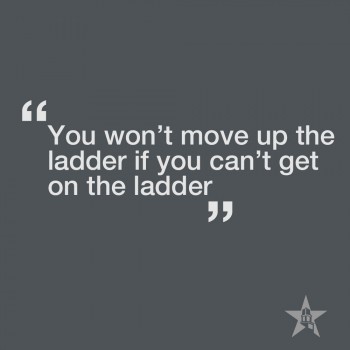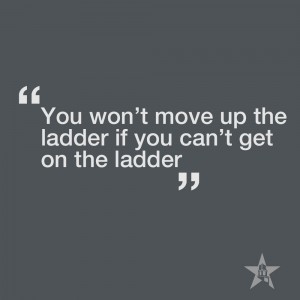By Evan Tsai (‘22)
Almost all college students struggle with balance. In an environment that stresses productivity and involvement, there is always something around campus that can fill up your time. This semester I am taking an 18 credit course load, working an on-campus job, leading a new club sport, serving on a committee, planning for my career/grad school, and doing consulting work. At times it can feel overwhelming. However, as I reflect on my busyness, I am grateful for the opportunities that I have been given. The question then becomes, how do I maintain balance while striving for excellence in everything that I do?
When evaluating balance in your life, it is important to look at your personal health in multiple areas. Throughout this article, I will help you holistically evaluate your health in five different ways and provide tips for improvement.
Academic: A unique part of college is the freedom to structure your work and study schedule around your personal habits. This is more flexible than the fixed schedule we had as a K-12 student or will have as working adults. However, with this new flexibility, it can be challenging to figure out how much time you should be spending on a class. If you find yourself spending more than 45 hours per week working outside of classes on a 15-credit course load, consider asking your professor for help, requesting a tutor, or consulting your classmates. Although you should strive for A’s in all your classes, sometimes it is important to acknowledge that a B is more realistic in a class that you are struggling with.
Sleep: Most college students struggle to develop healthy sleeping patterns. The National Sleep Foundation says adults should get around seven to nine hours of sleep. Although nine hours may seem very difficult, getting at least 6 hours of sleep is key for your ability to function. Loss of sleep can also lead to poor appetite, focus issues, and increased anxiety. If you are struggling with sleep, consider setting a consistent bedtime and wake-up time every day. It is also good to avoid screen time an hour prior to bed. Developing a night time routine that helps you to slow down and prepare for rest could include: taking care of your personal hygiene, reading, journaling, listening to music, setting out clothes for the next day, and making sure all your needed materials are in your backpack for class. Some of these tips have helped me ensure that I get enough sleep every night.
Physical: Living in Western NY, it can be very hard to be motivated to exercise in the harsh winters. The CDC recommends a minimum of 150 minutes of exercise per week, which can be broken down to 30 minutes, five days per week. If you are an NCAA athlete, that can be easy. However, if you find yourself struggling like me, try planning three times per week where you can exercise for 30 minutes. This could be going to the gym to bike, taking a walk with a friend, or joining in on a recreational sport being played around campus. Physical activity can help with maintaining a healthy weight, preventing anxiety, and improving your energy level.
Mental: Adjusting to college life can bear a huge mental toll on many students regardless of their age and experience. According to the APA, over 40% of college students suffer from anxiety, and over 35% suffer depression. Missing family, feeling the pressure of academic performance, and navigating social conflicts are just some of the many challenges you may struggle with. It’s important that you are able to develop healthy practices to process and work through these issues. Although it’s intimidating to reach out for help, there are many great resources at college. If you are struggling with mental health, the Counseling Center, your RA, the Dean of the Chapel’s Office, and even some of your professors are here to help.
Spiritual: Even at a Christian college, it is easy to neglect your personal faith. Chapels, Bible classes, and other required spiritual activities provide a good way to grow in a corporate worship setting. Some people may think that is enough, but part of your walk with God is growing in your personal relationship with Him. Specifically, morning or evening devotions are a great practical way to do this. Take 5 minutes in your day to sit and reflect. Read a short passage and pray. These moments can be critical in aligning your heart with the Lord. When you are overwhelmed by the constant demands of college, being reminded of God’s faithfulness, goodness, and peace is important.
These five areas of personal health are relevant to the struggles of college students. I hope that you are able to gain some insight into balance, and I encourage you to pick an area where you can improve your balance. It’s ultimately an ongoing journey as we seek a balanced lifestyle while striving to be successful with all of our responsibilities. ★
If you would like to talk more about balance, you can email me at evan.tsai23@houghton.edu.
Evan is a senior Business Administration major, with minors in Communication, Economics, and Organizational Management.



